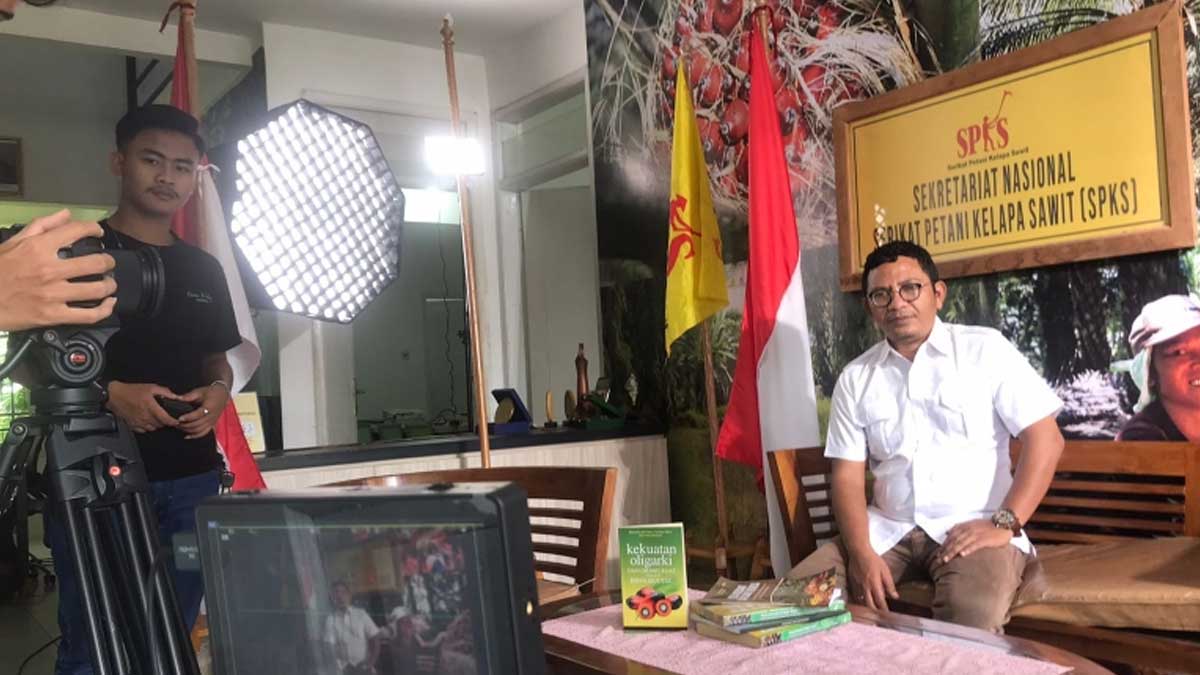The Indonesian government has enacted Government Regulation (PP) No. 8 of 2025, mandating that all exporters in the natural resource sector, including palm oil, deposit 100% of their foreign exchange earnings (DHE) into the national financial system for a minimum of 12 months. While the regulation aims to strengthen the national economy and stabilize the rupiah, it has raised concerns about its impact on smallholder palm oil farmers and independent processing plants.
Overview of PP No. 8/2025
PP No. 8/2025 is an amendment to the previous PP No. 36/2023, focusing on the management of foreign exchange earnings from natural resource exports. Under the new regulation, exporters are required to retain all export proceeds in special accounts within domestic banks for at least a year. This policy is intended to bolster Indonesia's foreign exchange reserves and ensure greater economic stability.
Effects on Smallholder Palm Oil Farmers
Smallholder farmers, who typically sell their Fresh Fruit Bunches (FFB) to cooperatives, middlemen, or processing plants, do not engage directly in export activities. However, the regulation's impact on exporters trickles down the supply chain. With exporters facing liquidity constraints due to the mandatory holding period of their foreign exchange earnings, they may reduce purchases from processing plants. Consequently, processing plants may lower their intake from smallholder farmers, leading to decreased FFB prices and potential delays in harvesting.
Reports indicate that FFB prices at the farmer level have dropped by IDR 30–50 per kilogram. This decline is attributed not solely to global market fluctuations but also to the limited liquidity of exporters constrained by the new regulation. As processing plants adjust their procurement strategies, smallholder farmers bear the brunt of these changes.
Challenges for Independent Processing Plants
Independent palm oil processing plants, which often rely on purchasing FFB from smallholder farmers, are also affected by PP No. 8/2025. With exporters prioritizing purchases from their own affiliated entities to manage liquidity, independent processors may find it challenging to sell their Crude Palm Oil (CPO). This situation could lead to reduced operations or even closures, adversely impacting employment and the local economy.
The regulation's uniform application across sectors has also been questioned. While the palm oil industry is required to retain 100% of export earnings domestically, the oil and gas sector is only mandated to retain 30%. Given the labor-intensive nature of the palm oil industry and its significant role in rural economies, stakeholders argue for a more nuanced approach that considers sector-specific characteristics.
Potential Long-Term Implications
In the long term, if PP No. 8/2025 successfully stabilizes the rupiah and strengthens the national economy, it could lead to improved conditions for the palm oil sector. A stronger economy might boost demand for palm oil products, potentially increasing FFB prices and benefiting smallholder farmers. However, these outcomes are speculative and depend on effective policy implementation and stakeholder collaboration.
Conclusion
PP No. 8/2025 represents a significant policy shift in Indonesia's management of foreign exchange earnings from natural resource exports. While its objectives are commendable, the regulation poses challenges for smallholder palm oil farmers and independent processing plants. To mitigate adverse effects, policymakers should consider sector-specific adjustments and engage with stakeholders to ensure that the regulation supports both national economic goals and the livelihoods of those in the palm oil industry.
Read More






 Tuesday, 24-02-26
Tuesday, 24-02-26







